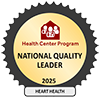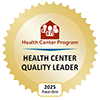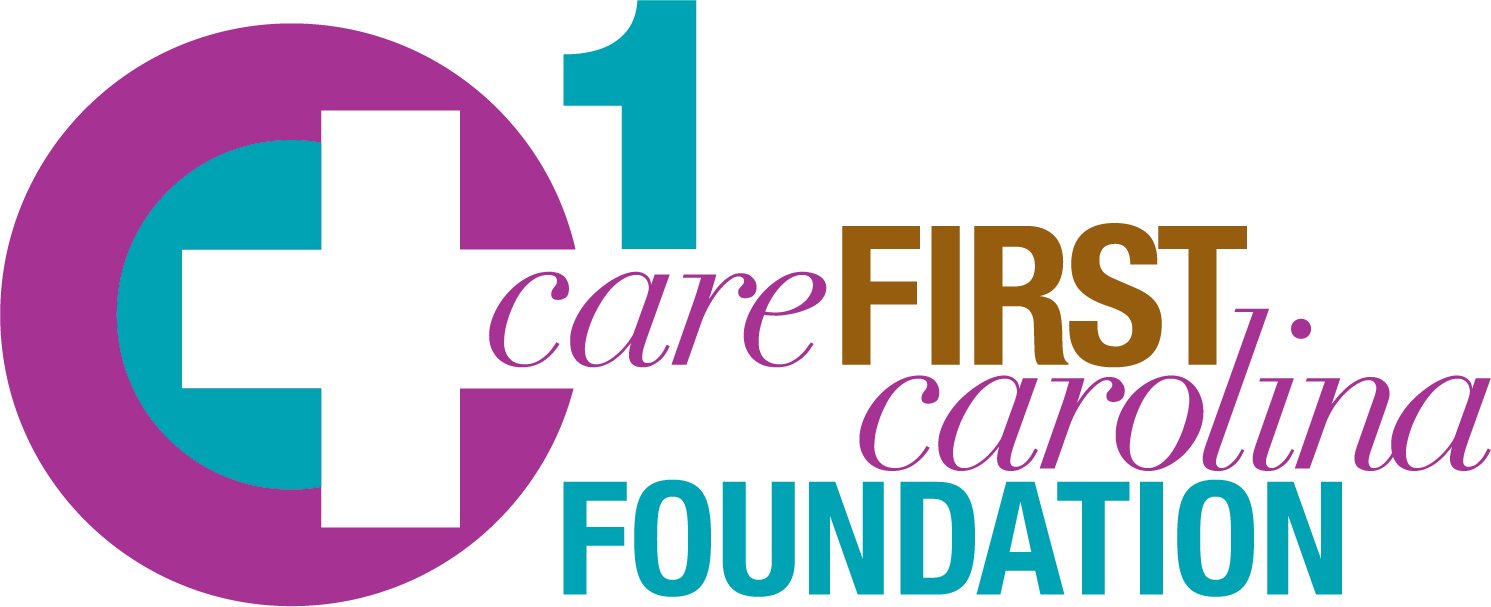May is Mental Health Awareness Month
FOR IMMEDIATE RELEASE
Mental health is essential to everyone’s overall health and well-being, and mental illnesses are common and treatable.
Celebrated every May, Mental health Month was started 70 years ago by Mental Health America to raise awareness about mental health conditions and the importance of good mental health for everyone.
Mental Health Month highlights the importance of work-life balance, pets, spirituality & religion, social connections & recreations, as well as humor in achieving balanced mental health.
Liz Kershner, MSW, LISW-CP, Director of CareSouth Carolina’s Integrated Behavioral Health and Substance Use Prevention programs, stated, “Whenever I speak about mental health, I quote our former U.S Surgeon General, Dr. David Satcher, who said it best, “There is no health without mental health.” In order to eliminate the stigma of seeking mental health care, we must treat mental health and substance use disorders with the same importance and compassion as we treat physical health and realize it is one and the same. The head is attached to the body and the brain is an organ in the body just like the heart. There is no difference. At CareSouth Carolina, our behavioral health providers are fortunate to be part of the health care team, which allows us to treat the whole person.”
A healthy lifestyle can help to prevent the onset or worsening of mental health conditions, as well as chronic conditions like heart disease, diabetes and obesity. For those dealing with a chronic health condition and the people who care for them, it can be especially important to focus on mental health.
“It is important to really look at your overall health, both physically and mentally, to achieve wellness,” said CareSouth Carolina’s Chief of Community Health Joe Bittle. “Finding a reason to laugh, going for a walk with a friend, meditating or playing with a pet can go a long way in making you both physically and mentally healthy- it’s all about finding the right balance to benefit both the mind and the body.”
Work-Life Balance…
Of adults employed full time in the U.S., nearly 40 percent reported working at least 50 hours per week and 18 percent work 60 hours or more. More than two-thirds of people have had their sleep negatively affected by workplace issues.
Poor work-life balance increases your risk for health conditions like sleep problems, digestive disorders and mental health problems.
People who feel they have good work-life balance are more satisfied with their job and their life, and experience fewer symptoms of depression and anxiety, according to Mental Health America.
Pets…
Nearly 70 percent of U.S. households (84.6 million) own a pet and 80 percent of those pet owners believe their pet brings them happiness and emotional support.
Scientifically, pet ownership has been known to improve cardiovascular health and physical activity; decrease stress and lower blood pressure; and reduce loneliness, which increases the risk of developing many chronic health conditions.
For people receiving treatment for mental illnesses, animal-assisted interventions reduce anger, anxiety, depression and general distress, while improving the ability to socialize. For people being treated for HIV, those who own dogs show fewer symptoms of depression and are better at taking medications- likely because of the routines that come with dog ownership.
Spirituality & Religion…
Spiritual practices like meditation are linked to increased levels of feel-good chemicals like serotonin, dopamine and endorphins. Research has found that the areas of the brain associated with reward and positive feelings are activated when devout followers of a religion read scripture.
A study found that people who attended religious services monthly showed a 22 percent lower risk of depression and that U.S. military veterans who identified themselves as being religious or spiritual showed high levels of gratitude, post-traumatic growth, and lower risk of depression, suicidal thinking and alcohol abuse than peers who did not identify in the same way.
Social Connections & Recreation…
Being lonely can cause the same amount of damage to your lifespan as smoking 15 cigarettes a day is more dangerous to health than obesity, according to Mental Health America.
People with strong social relationships are 50 percent more likely to live longer.
In regards to recreation, one study showed that people who participated in leisure activities, board games, playing musical instruments and dancing were less likely to develop dementia. People who do things in nature have better perceptions of their own emotional well-being.
Participating in outdoor recreation decreases symptoms of depression in people with disabilities and adolescents who participate in sports have lower odds of suffering from depression or thinking about suicide.














